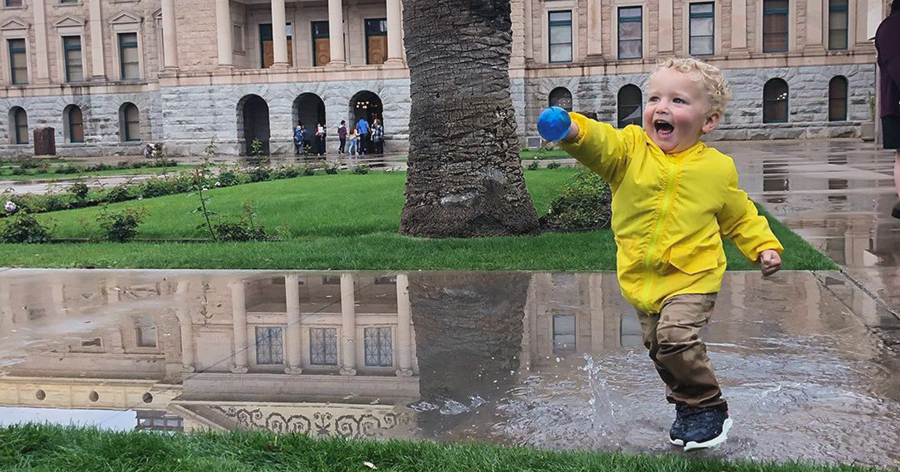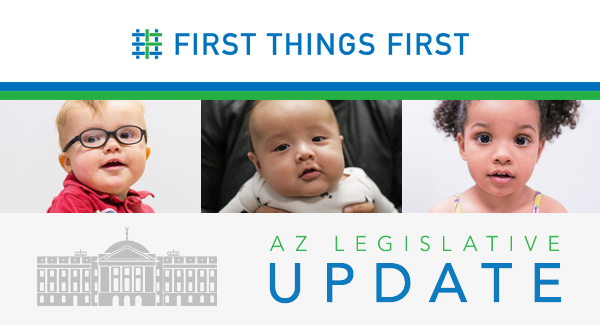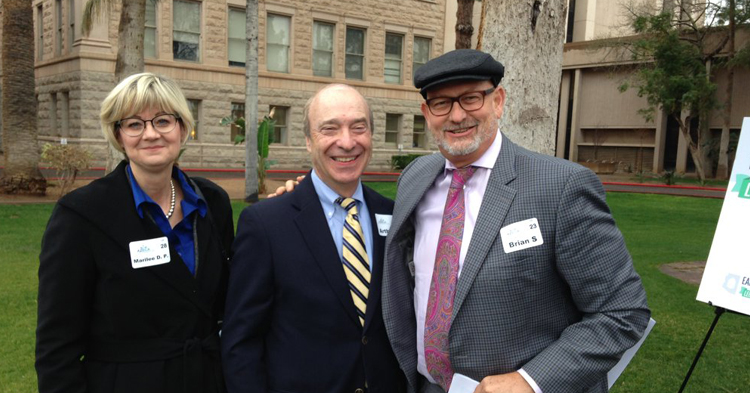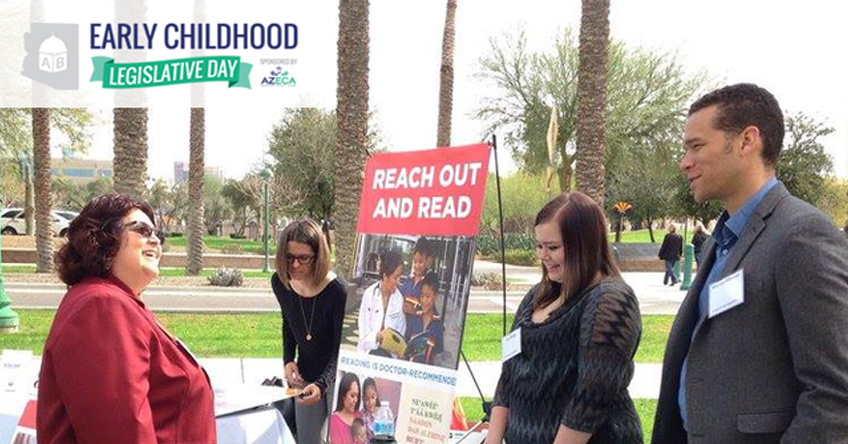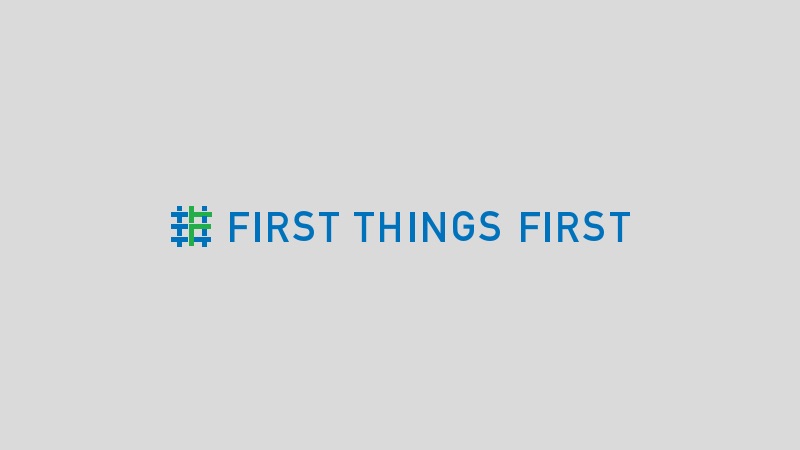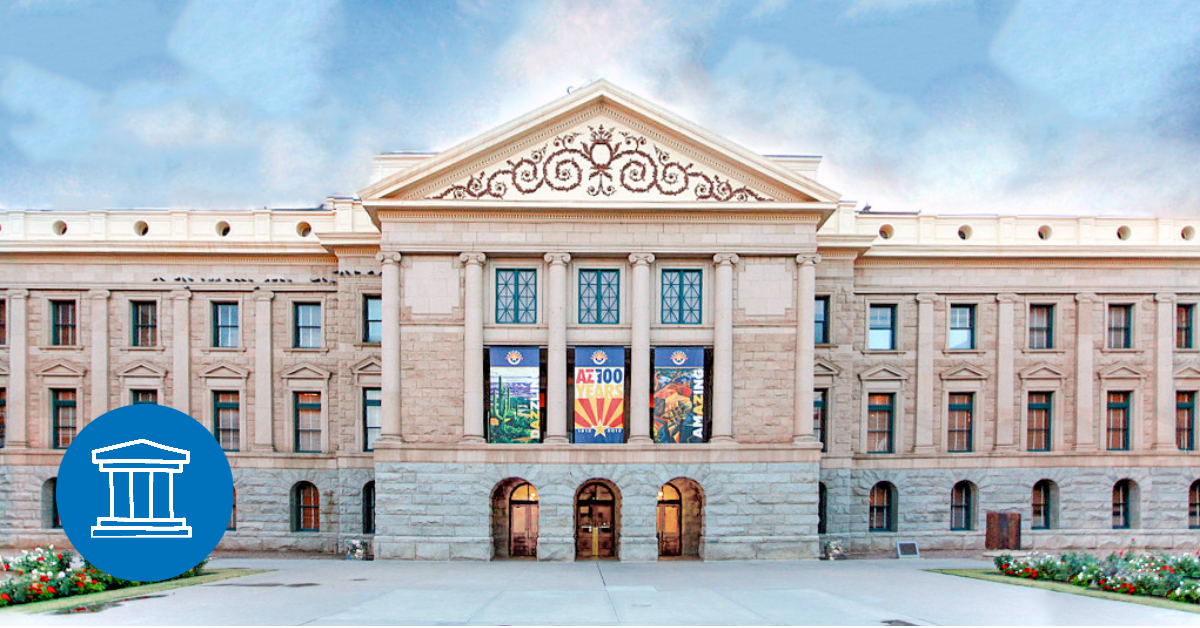
For the past few years, in the typical Arizona legislative session, between 300 and 400 bills are passed impacting many facets of Arizonans’ lives. This year — due to closures caused by the COVID-19 pandemic — that number was fewer than 100.
Among the bills that didn’t make it through the session were several measures that would have benefitted young children. Nevertheless, early childhood advocates were encouraged by the fact that several bills that increased support to various early childhood programs were filed and moved fairly well before the crisis. This includes measures to expand oral health care for pregnant women, increase stipends for family members caring for kids in the child welfare system; expand newborn screening; use county library funds to fund early literacy programs; and the creation of a committee to make recommendations related to maternal mental health.
One noteworthy bill that was signed into law is SB1504, which requires child care staff to have a valid fingerprint clearance card before beginning work (previous law allowed a seven-day grace period). The bill was necessary to comply with changes in requirements for federal child care subsidy dollars and takes effect at the end of August.
In March, before going into a prolonged recess, a budget was passed with limited new spending — a necessary step to allocate the funds for the upcoming fiscal year and avoid a government shut-down. Although termed a “skinny budget” — in reference to the fact that most spending remained flat — it included a $22 million appropriation from the federal Child Care Development Block Grant (CCDBG) to ensure families would not be placed on a waiting list if they applied for a child care subsidy.
After nearly two months in recess due to the pandemic, both the Arizona House and Senate chambers returned in mid-to-late May to address final business. Before closing the session, the House passed two COVID-19 related bills, along with 32 pending bills previously passed by the Senate. The Senate returned but ended its session without considering the two House COVID-19 relief bills. Members in both chambers expressed the need for a special session to address the economic impact of COVID-19 and appropriate federal dollars allocated to Arizona through the federal emergency relief packages.
Of the two COVID-19 related relief bills introduced in the House before adjourning, HB2913: Supplemental Appropriations; Child Care facilities, was widely supported by the early childhood community. This bill would have authorized the Arizona Department of Economic Security to spend $88 million in federal CARES Act funding for child care relief efforts. Specifically, the bill would have used the federal funds to provide forgivable loans on a statewide basis to licensed child care facilities that provide child care services for at least six months after receiving a loan and spend the monies for specified operational purposes. The bill also appropriated funding to provide a one-time waiver of the licensure renewal fee for child care facilities. Although the bill did not pass, many policymakers made comments in favor of supporting Arizona’s struggling child care system, and it is anticipated that this issue will be considered when the Legislature reconvenes for a special session.
The FTF Government Affairs team will continue to work with policymakers over the summer and fall to ensure that federal funds are maximized to support young children and their families.


